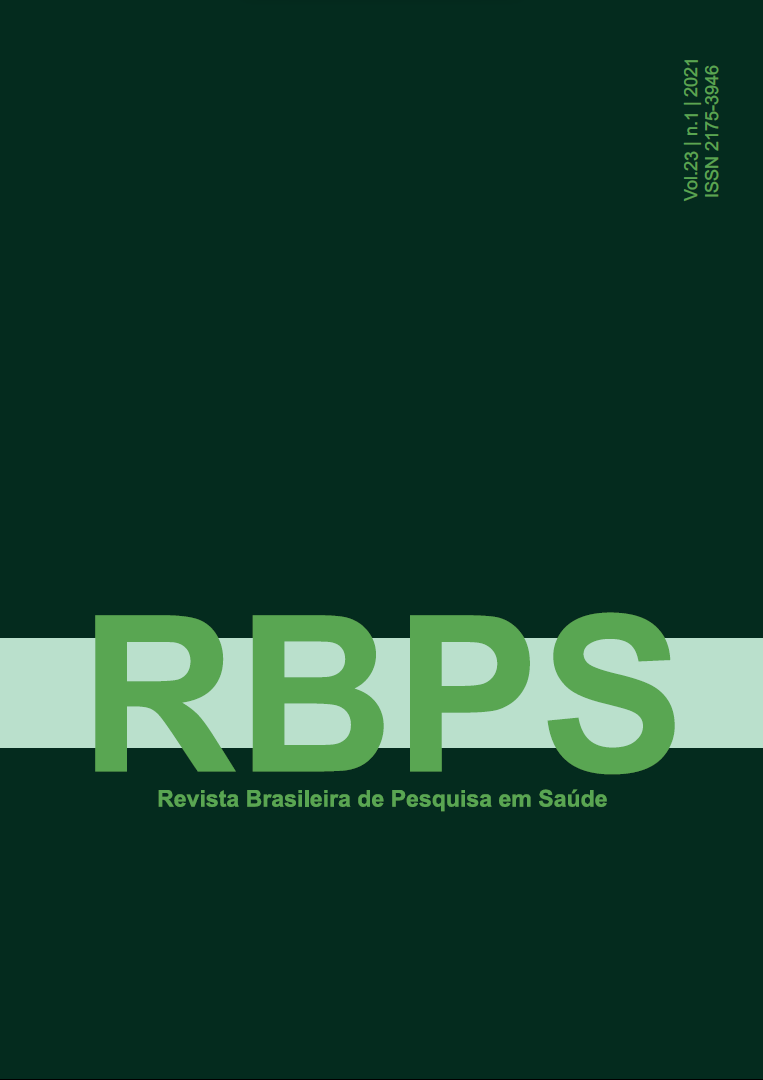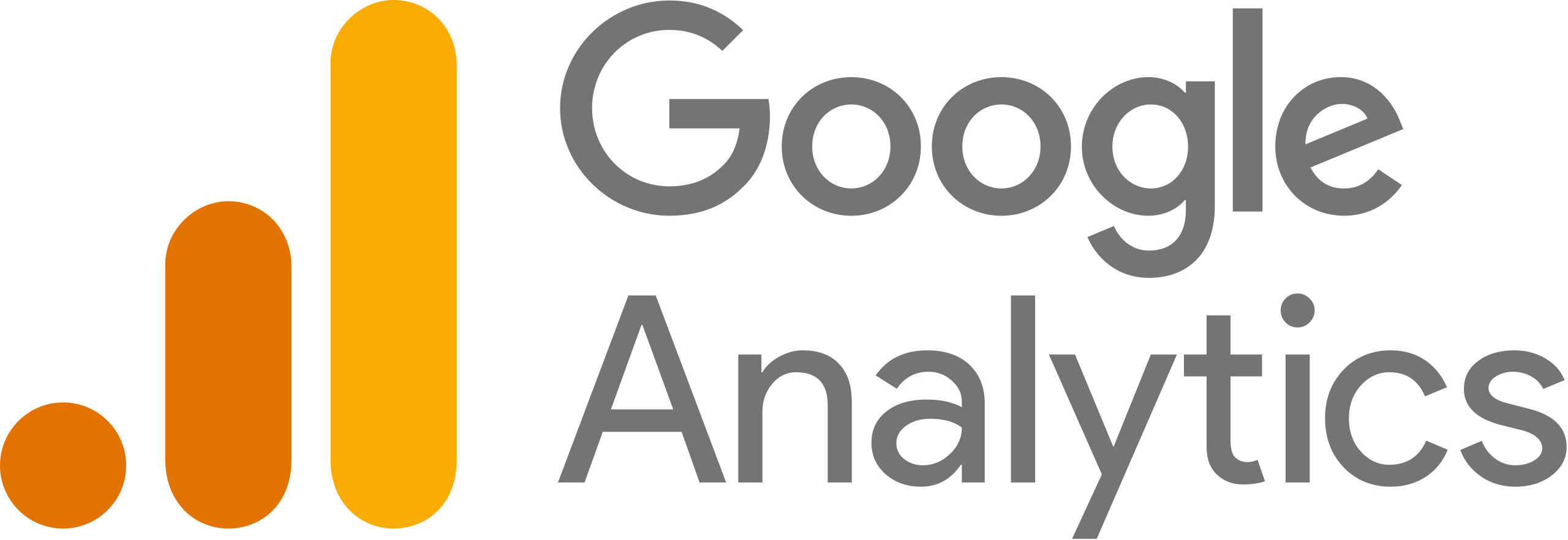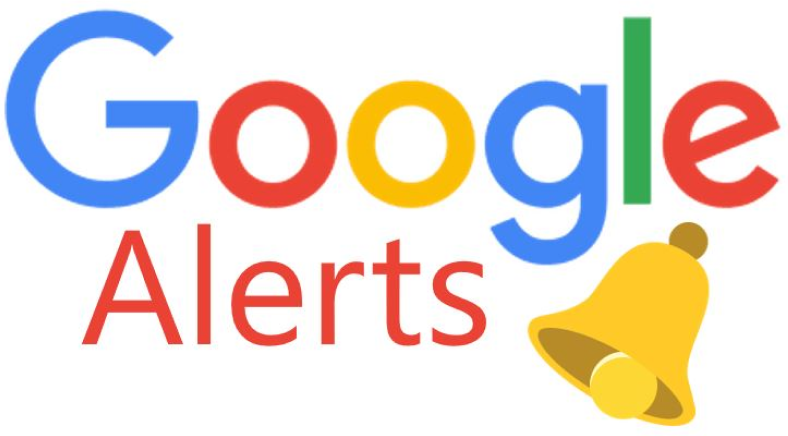Community health agents and knowledge about leprosy: possibilities for improving work from educational activity
DOI:
https://doi.org/10.47456/rbps.v23i1.32662Keywords:
Continuing Education, Leprosy, Community Health AgentAbstract
Introduction: Strategies of Continuing Education in Health (CEH) are implemented to provide technical and scientific knowledge update using pedagogical methodologies of knowledge transmission. CEH must be directed to the local reality, aiming at improving the services provided. Objectives: To evaluate the impact of a CEH proposal aimed at improving the work of Community Health Agents (CHA) in a Piauí municipality on general aspects, transmission, diagnosis and the means of curing leprosy. Methods: Initially, 43 CHA answered a questionnaire containing 39 questions on various topics in leprosy. After 15 days after the questionnaires were resolved, the CHA was invited to attend a lecture on leprosy and a fortnight after the lecture, the participants were invited to reassess the level of information on leprosy. Results: The CHAs’ level of information on the main basic aspects of leprosy went from “regular” (64.68% of correct answers) to “good” (76.52% of correct answers) after the lecture. After the lecture there was a significant increase in the total number of correct answers (p = 0.0457) and a decrease in abstentions (p = 0.0001), however the reduction in the total number of errors did not show a strong association with the CEH measures (p = 0, 0528). Conclusion: The approach on the main topics on leprosy through lectures proved to be a good measure of CEH in primary care.
Downloads
Downloads
Published
How to Cite
Issue
Section
License
Copyright (c) 2021 Revista Brasileira de Pesquisa em Saúde/Brazilian Journal of Health Research

This work is licensed under a Creative Commons Attribution-NonCommercial-NoDerivatives 4.0 International License.
Authors and reviewers must disclose any financial, professional, or personal conflicts of interest that could influence the results or interpretations of the work. This information will be treated confidentially and disclosed only as necessary to ensure transparency and impartiality in the publication process.
Copyright
RBPS adheres to the CC-BY-NC 4.0 license, meaning authors retain copyright of their work submitted to the journal.
- Originality Declaration: Authors must declare that their submission is original, has not been previously published, and is not under review elsewhere.
- Publication Rights: Upon submission, authors grant RBPS the exclusive right of first publication, subject to peer review.
- Additional Agreements: Authors may enter into non-exclusive agreements for the distribution of the RBPS-published version (e.g., in institutional repositories or as book chapters), provided the original authorship and publication by RBPS are acknowledged.
Authors are encouraged to share their work online (e.g., institutional repositories or personal websites) after initial publication in RBPS, with appropriate citation of authorship and original publication.
Under the CC-BY-NC 4.0 license, readers have the rights to:
- Share: Copy and redistribute the material in any medium or format.
- Adapt: Remix, transform, and build upon the material.
These rights cannot be revoked, provided the following terms are met:
- Attribution: Proper credit must be given, a link to the license provided, and any changes clearly indicated.
- Non-Commercial: The material cannot be used for commercial purposes.
- No Additional Restrictions: No legal or technological measures may be applied to restrict others from doing anything the license permits.

























